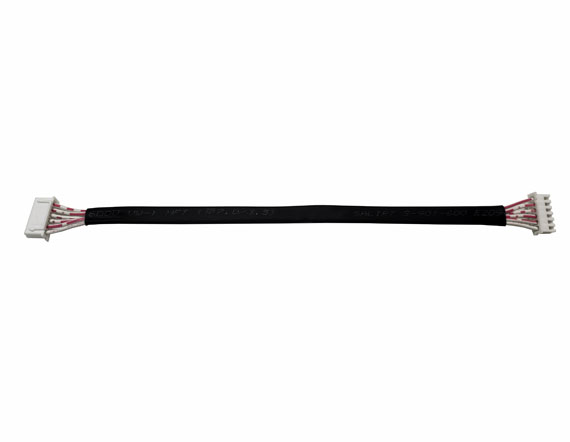
In the realm of industrial automation, signal terminal wire plays a crucial role in ensuring seamless communication between various components and systems. This article delves into the importance of signal terminal wire in industrial automation, highlighting its multiple benefits.
Signal terminal wire serves as the backbone of communication in industrial automation. It enables the transfer of critical data and signals between different devices, sensors, and control systems. With high-quality signal terminal wires, the accuracy and integrity of data transmission are ensured, leading to precise control and monitoring of diverse industrial processes.
Reliable and durable signal terminal wire connections are paramount in industrial environments. These wires are designed to withstand extreme temperatures, vibrations, and other harsh conditions commonly found in industrial settings. By providing stable connections, signal terminal wires minimize the risk of signal loss, electromagnetic interference, and system failures, ensuring uninterrupted operation and increased productivity.
In industrial automation, safety is of utmost importance. Signal terminal wires greatly contribute to enhancing safety measures by enabling the transmission of crucial signals related to emergency shutdowns, alert systems, and fault detection. The use of high-quality wires reduces the likelihood of accidents, protecting both machinery and personnel in industrial facilities.
Properly organized signal terminal wire connections simplify troubleshooting and maintenance processes in industrial automation. Clearly labeled and color-coded wires make it easier to identify and trace connections, minimizing downtime during repairs or system upgrades. This efficient troubleshooting not only saves time but also reduces costs associated with system downtime.
Signal terminal wire systems are designed to accommodate future expansions and modifications in industrial automation. These systems allow for easy additions or reconfigurations, enabling manufacturers to scale their operations to meet changing production needs. The flexibility provided by signal terminal wire systems ensures long-term compatibility and adaptability in dynamic industrial environments.
Signal terminal wire plays a critical role in fulfilling the requirements of industrial automation. By facilitating precise data transmission, ensuring reliability and stability, enhancing safety measures, simplifying troubleshooting and maintenance processes, and enabling scalability and flexibility, signal terminal wires contribute significantly to the efficiency and productivity of industrial processes. A meticulous approach to selecting and implementing signal terminal wire systems is essential for achieving optimal performance and maximizing the potential of automation technologies in various industrial sectors.